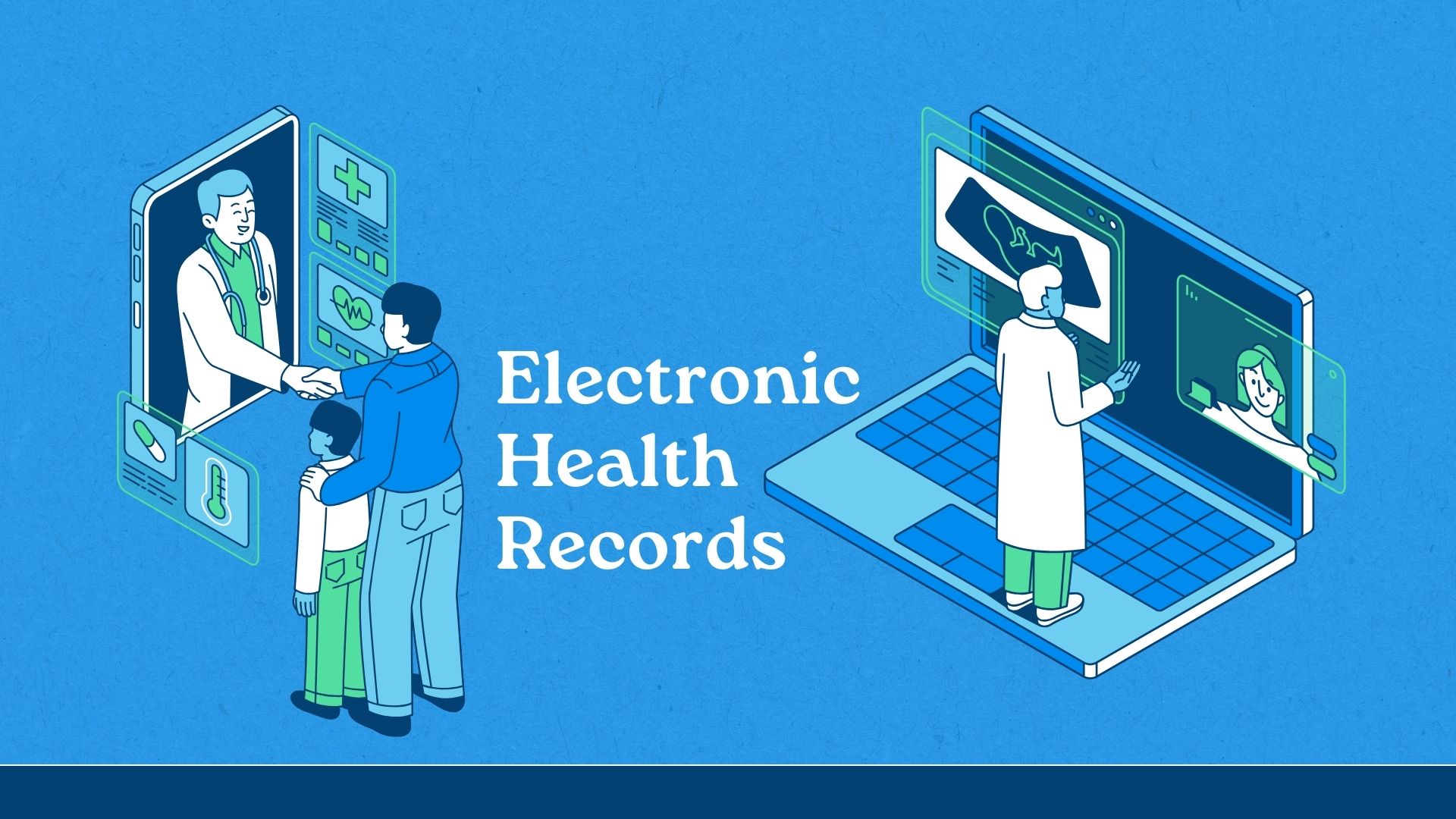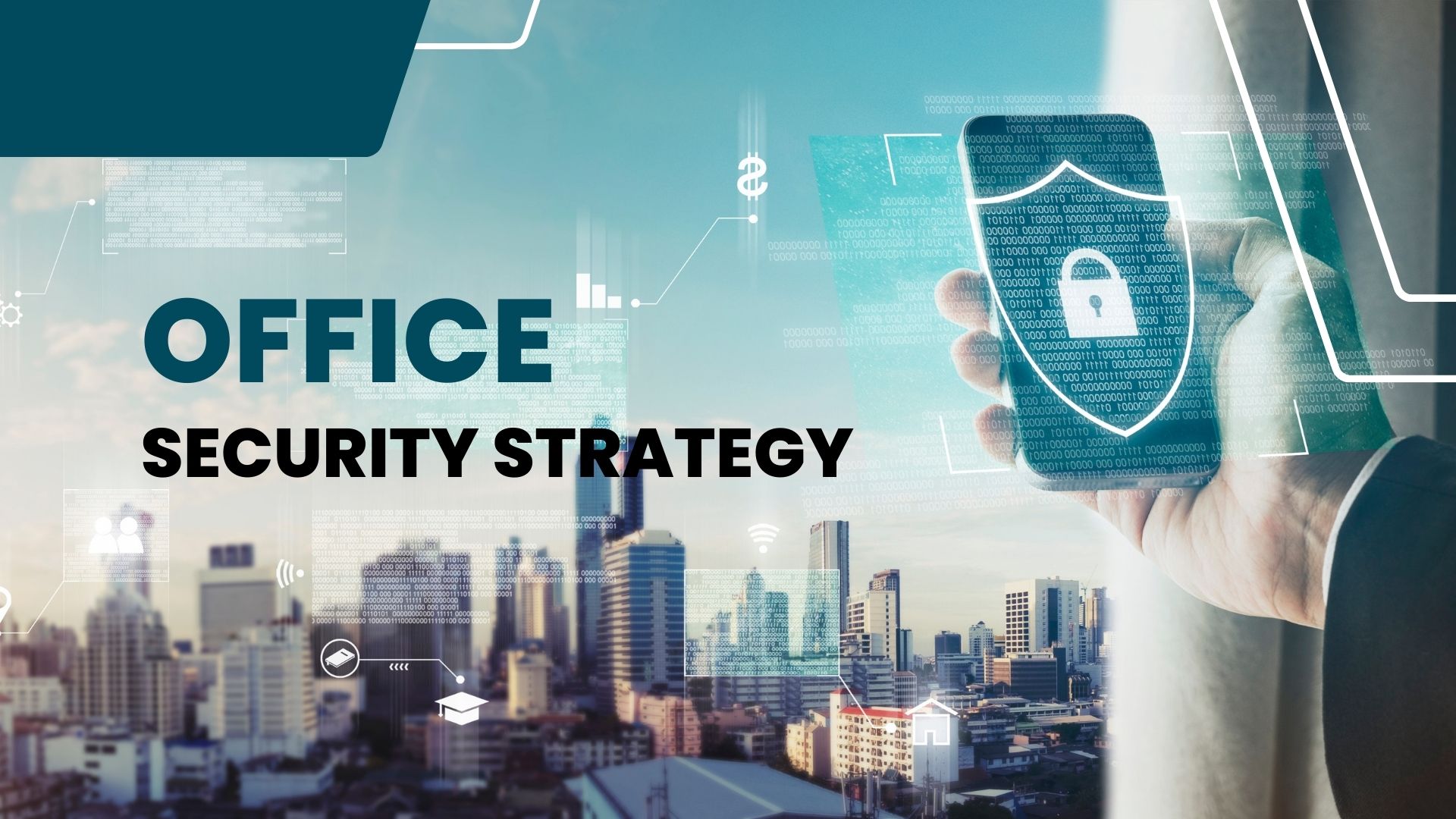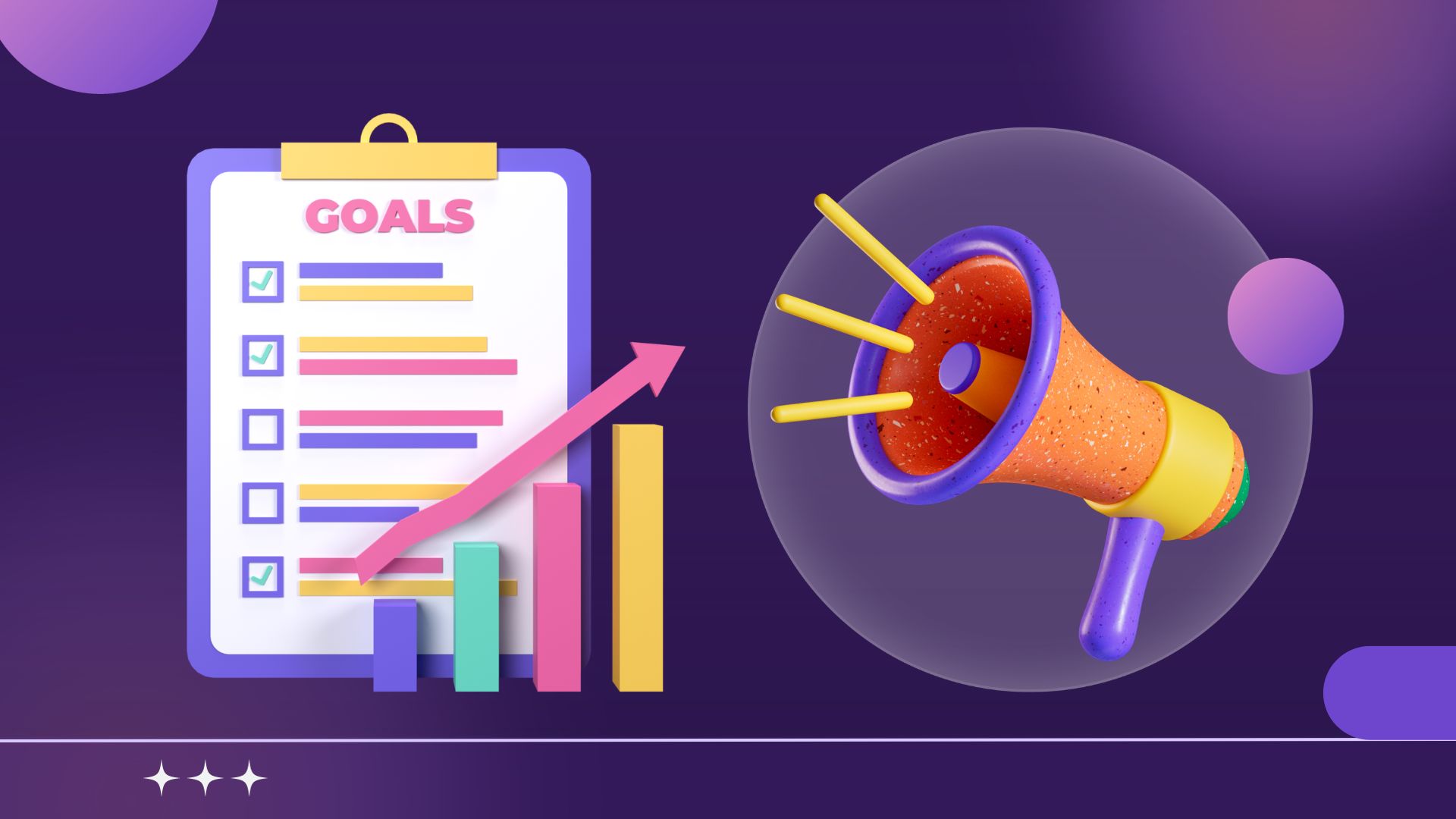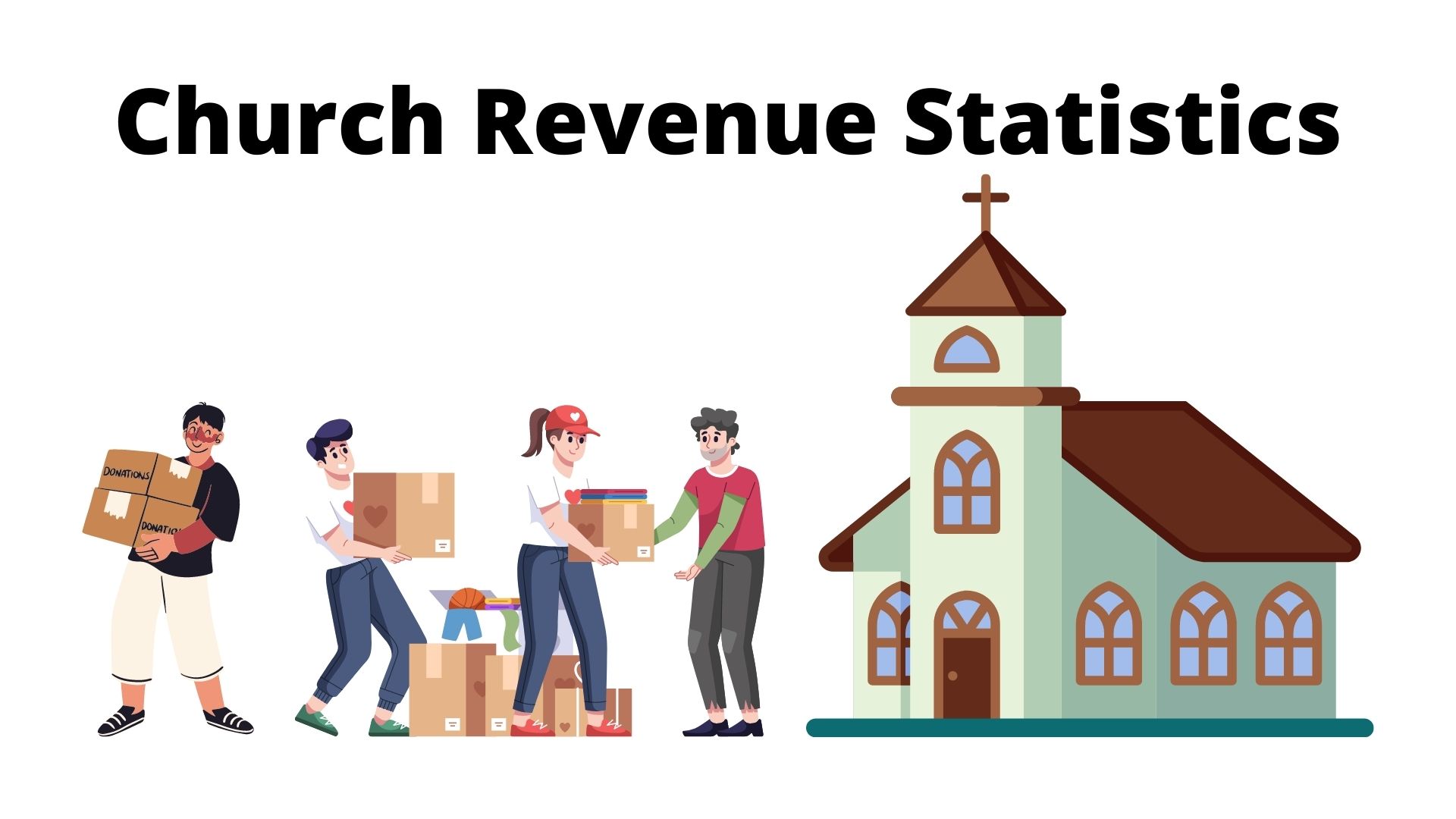Must Haves vs. What’s Nice to Have for CRM Project Management, Part II
 In my last column, I described some “requirements” that many project management experts describe as essential to success in implementing CRM, but, in my opinion and based on my own experience, are really more “nice to haves.”
In my last column, I described some “requirements” that many project management experts describe as essential to success in implementing CRM, but, in my opinion and based on my own experience, are really more “nice to haves.”
I make this distinction in recognition that — in real life — project managers don't get everything they want. Their bosses can be unreasonable, and many times, project managers are often outmaneuvered and outgunned by business unit owners who have far more political and budgetary clout in their organizations.
In recognition for the need for CRM project managers to “pick their battles” carefully, I've drawn the distinction between must have and nice to have requirements. In the conclusion of this discussion, I'll cover the essentials that are truly elemental to the success of CRM in an organization.
CRM Must Have: Leadership
While many project managers would agree that executive sponsorship or ownership is critical to CRM success, I think we're missing something. It's not just ownership, but quality of leadership that determines the success or failure of a CRM initiative.
As I've seen many times, the owner of a CRM initiative can be a very high-level, qualified and effective corporate manager. But without the vision of how business processes and new tactics can be used to create superior value for the customer, the project is at risk.
This type of leadership can't be delegated to assistants — it means the personal involvement, commitment and intestinal fortitude of the executive in charge, who views themself as the chief architect and champion of the company's strategy to succeed.
CRM Must Have: Customer Knowledge
It never fails to amaze me how many organizations embark upon CRM with only vague, anecdotal information of these three sets of questions:
- Who are our most valued customers and what do they have in common?
- What drives their behavior; why do they buy from us?
- What are their channels of influence or preference? What are our most critical customer touch points and how can we improve upon them?
If you don't have requisite knowledge about your customers and most promising prospects, you won't have the performance criteria you need to redesign your customer-facing and related business processes.
Without a clear idea of how to increase perceived value for the customers, you are flying blind — buying CRM software and systems integration services with the hope that somehow this huge investment will pay off somehow in the future.
And, for a project manager, that's not a good position to be in.
CRM Must Have: Metrics
By performance metrics, I don't mean detailed financial forecasts based on nothing but past trends.
I mean that CRM should be measured on its desired goals — based on direct outcomes of its underlying activities — whether it's lowering call center staffing costs, speeding response times, increasing product development cycles, or lowering shipment and billing errors.
As I've said many times in this column, I think ROI (return on investment) is a great long term goal for an enterprise as a result of implementing CRM, but not an effective measure of either short term performance or isolated contribution from CRM.
Got an opinion on this stuff? Willing to share it? If so, please write me at [email protected].
Arthur O'Connor is one of the nation's leading experts on customer relationship management (CRM) and customer-facing IT systems and strategies. He's currently the national columnist for eCRMGuide.com and this year serves as the chairperson of the Institute for International Research's CRM Conference. Arthur has over 20 years leadership and management experience in the area of customer management, strategy and new business development, including 15 years as a senior corporate officer of two NYSE-listed inter national corporations, and over five years experience as an independent management consultant and Big 5 firm practice manager selling and managing large-scale IT engagements.




